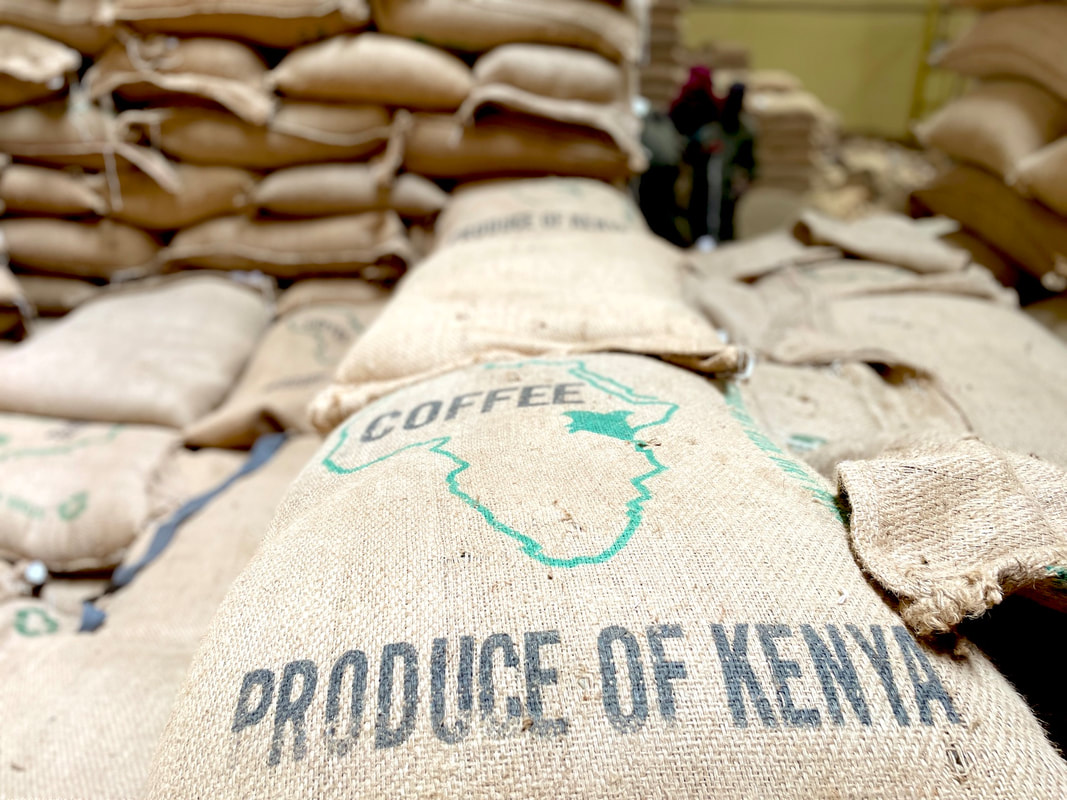Historically, measures have been taken in Kenya that have sought to increase the quality of the country's coffee production, and although some of these are more than 100 years old, to this day they are still relevant to the industry and are the ones that have elevated Kenya as one of the origins most admired by the world's specialty coffee connoisseurs. We have summarized them in five points and explain them below:
1.- Varieties: Much has been debated about the impact that the introduction of Ruiru11 and Batian has had on the cup profile of Kenyan coffees. And truth be told, its organoleptic qualities are far below those provided by the SL28 and SL34 varieties. But it is also true that it would be impossible to sustain a coffee industry with only two high-end varieties, given their low production and high susceptibility to developing coffee diseases.
2.- Selective picking: This is the pivotal point of the entire coffee production chain. This is where the quality potential of a certain batch will be determined, and from this point on we will only have to try to maintain said quality in all the different stages of the production process. In Kenya, the constant selection and classification of coffee throughout the process helps to minimize the possibility of finding defects in the best lots.
3.- Double Fermentation: It is probably what generates the most controversy among coffee professionals today. And while it is true that there are serious discrepancies between views regarding the purpose of double fermentation, it is undeniable from a purely technical point of view that the second fermentation plays a fundamental role in removing any remnants of mucilage from the parchment, otherwise, could generate unwanted flavors during drying.
4.- Lot separation: It is the formula that maximizes the utility of the producer or exporter. Although in this particular production model, the small coffee farmer does not benefit directly, because he receives the price per kg of cherries that he delivers to the washing station; From the cooperative to the exporter, they will see an increase in prices as the quality of the lots improves. In Kenya it is assumed that the best lots are those that contain the bigger beans, such as grades AA, AB and PB.
5.- Auction: The Nairobi Coffee Exchange is the heart of the entire coffee industry in Kenya. It works like the vital muscle that pumps us coffee from all the producing regions of the country and allows us to discover the gems that, due to the geographical conditions and extension of the territory, would be impossible for us to discover on our own.



 RSS Feed
RSS Feed